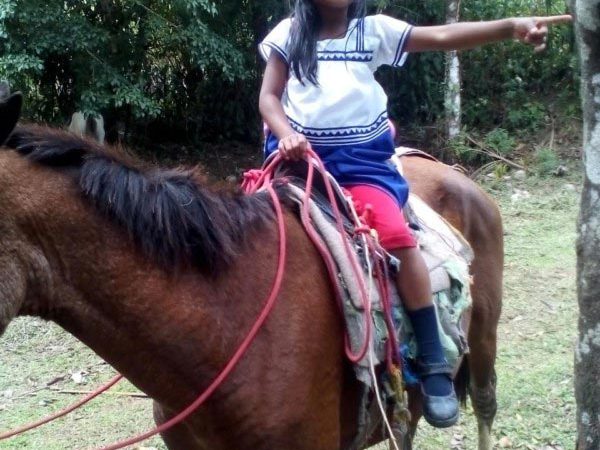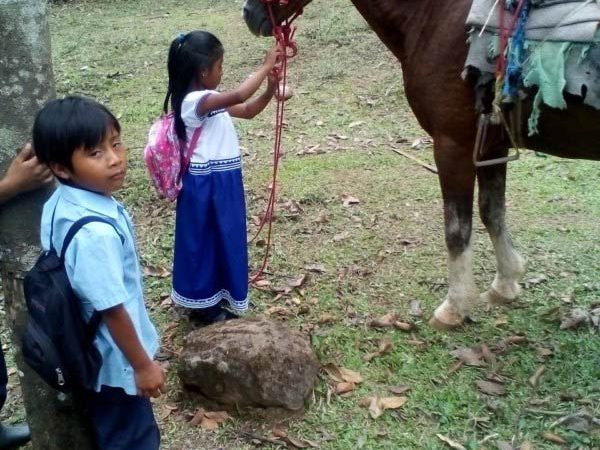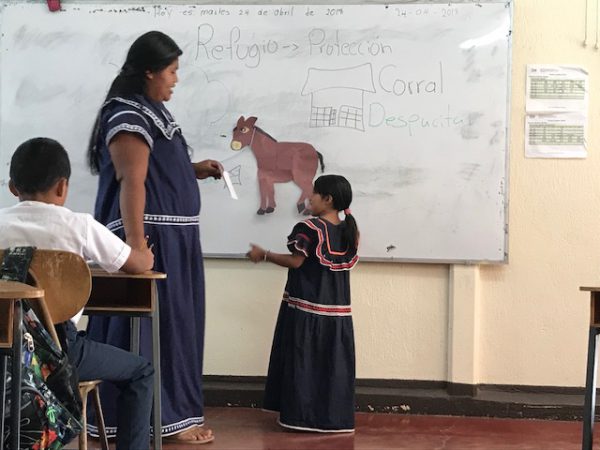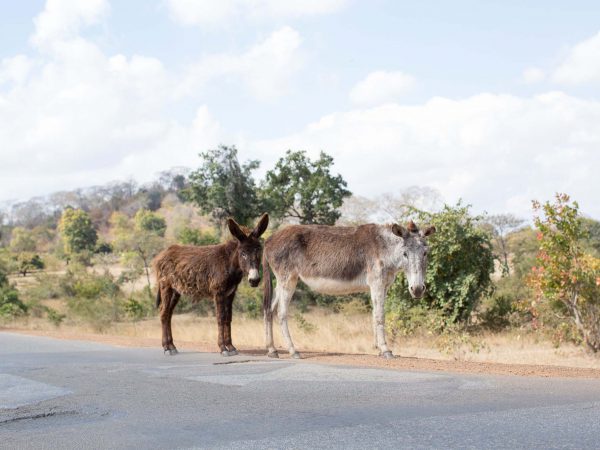Help at last for Costa Rica’s hardworking horses
Every morning, nine-year-old Yansi saddles up her horse Marron and follows the tree lined road that takes her to school. In this area of Costa Rica, indigenous communities rely heavily on horses for all of their transportation, and children like Yansi grow up around the family’s horses. Without Marron, Yansi would be unable to make the journey to her one-room classroom. For this little girl who loves school and hopes to one day become a teacher, Marron is critically important to Yansi’s education.

SPANA-funded partner organisation, Costa Rica Equine Welfare (CREW) knows the communities here in southern Costa Rica and has been a presence in the area for years. This has allowed them to establish close relationships with horse owners and spread the message of compassionate treatment for all working animals.
Traditionally, horses have been used for everything from transporting people to hauling building materials and farming the land.
They work long hours with limited access to proper resources. Horses often suffer unnecessary injuries caused by poor harnessing and succumb to easily preventable diseases.

While CREW runs training workshops with adults teaching animal husbandry skills, a large component of their work is based around speaking to schoolchildren. They emphasise a curriculum of fun, hands-on learning activities that encourages children to recognise working horses as sentient creatures that respond to positive treatment. Yansi and her classmates love these lessons, where they draw pictures of horses, act in plays and work with their own animals to understand body score condition and proper handling.
Student Andres Palacios Morales says:
‘I learnt that we have to take care of horses, give them grass and plenty of water. Now, we have a close relationship. My horse is my friend and I have to give him what he needs, like water and food.’

Our work in Costa Rica is reaching a huge number of children and fostering closer bonds between owners and their animals. By teaching respect for animals and good husbandry skill at such a young age, children – the animal owners of tomorrow – are developing beliefs that will last a lifetime.
What’s more, children bring this information back to their families and share the importance of animal welfare throughout the communities – ensuring happier, healthier and more productive working animals.

